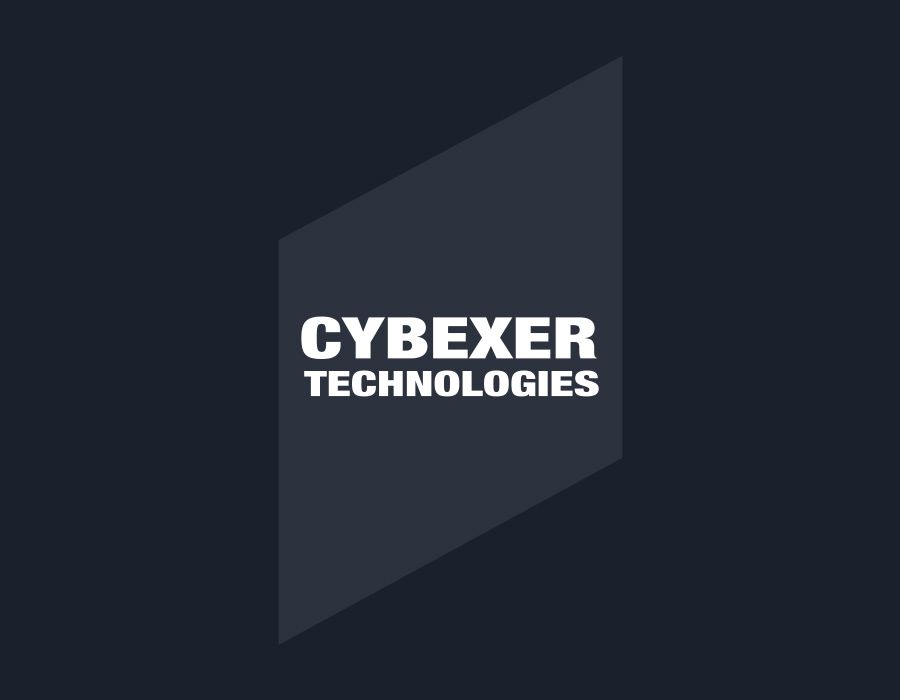
TalTech Researchers Start Collaboration With CybExer Technologies
Tallinn University of Technology (TalTech) has started collaboration with CybExer Technologies, an Estonian cyber security company, which brought a 300,000-euro research grant to TalTech so that ways of countering cyber attacks, which are globally becoming more and more frequent, by means of more efficient cyber hygiene could be explored in the next three years.
“The Centre for Digital Forensics and Cyber Security established within Tallinn University of Technology employs internationally acclaimed cyber security specialists as lecturers and researchers, and I am glad that we will be able to contribute to increasing everyone’s feeling of safety in cooperation with the private sector,” said member of the Academy of Sciences Jaak Aaviksoo, rector of TUT.
“It is important for ensuring cyber security that the level of technology, processes and also people’s expertise is up to their tasks. The focus of this cooperation is exactly the knowledge and skills that people need for staying safe in the information era. A similar development took place, for example, when large-scale use of automobiles started, which, in the previous century, had a great impact on the scope of road safety skills and knowledge an average person needed,” added a TUT senior lecturer Rain Ottis.
CybExer Technologies, an Estonian cyber security company, has developed the world’s only e-learning environment in which people are to face real-life situations. After taking a simple and entertaining test, each user gets a personalized risk analysis as well as recommendations on how they can efficiently protect themselves from cyber threats. In addition, the company’s risk profile is also mapped on the basis of test results to evaluate its cyber security level and to improve work processes respectively.
By now, the cyber security test by CybExer has been executed by dozens of companies, government departments, universities and organizations, the number of their employees exceeding 100,000 both in Estonia and abroad. The latter include, for example, the National Information System Authority, which implemented it so that thousands of government officials could test and improve their cyber security knowledge before the beginning of Estonia’s presidency of the European Union.
According to Andrus Kivisaar, member of the board of CybExer Technologies, it was the feedback obtained from the tests taken so far that demonstrated the necessity to start collaboration with TUT researchers. “The overall picture of people’s cyber hygiene is far worse than we feared it would be. One clearly defined problem is psychological: people believe that something bad may happen to others but not to them when they open a strange file in an e-mail or carelessly plug someone else’s memory stick into their computer,” Kivisaar said.
“Even before launching the test platform we knew that its results will become valuable materials for researchers who, among other things, might be able to find connections between ever-changing cyber attack patterns and people’s behavior,” Kivisaar explained. “The attacks that have wreaked havoc all over the world in the recent months alone are very well disguised and purposefully target people, aiming to exploit their weaknesses and poor cyber hygiene to cause chaos. For instance, opening a single wrong file on your personal computer at home will be enough for your company to close down its global chain of shops for a week tomorrow, which we witnessed during the NotPetya ransomware attack in June here in Estonia as well. To put it shortly, people’s cyber hygiene clearly needs to improve.”
Within the scope of the recently started collaboration, a workgroup of TUT researchers will dedicate the following three years to the mathematical and psychological analysis of feedback from the cyber hygiene test, scientific assessment of the test algorithms and continuous updating of the test with the latest cyber threat dimensions to make sure that the enhancement of people’s cyber hygiene keeps up with the times. “Feedback for TUT research is vital for us because the test by CybExer needs to represent the latest cyber threats, and its results are to be scientifically measurable,” Kivisaar added.
A third of the 300,000-euro grant allocated to the TUT workgroup is the contribution of CybExer Technologies. The rest, 200,000 euros, were granted by Archimedes Foundation for applied research in cyber hygiene within the international project for security cooperation, which emerged in the course of collaboration of CybExer Technologies and the European Defence Agency.
A third of the 300,000-euro grant allocated to the TUT workgroup is the contribution of CybExer Technologies. The rest, 200,000 euros, were granted by Archimedes Foundation for applied research in cyber hygiene within the international project for security cooperation, which emerged in the course of collaboration of CybExer Technologies and the European Defence Agency.


